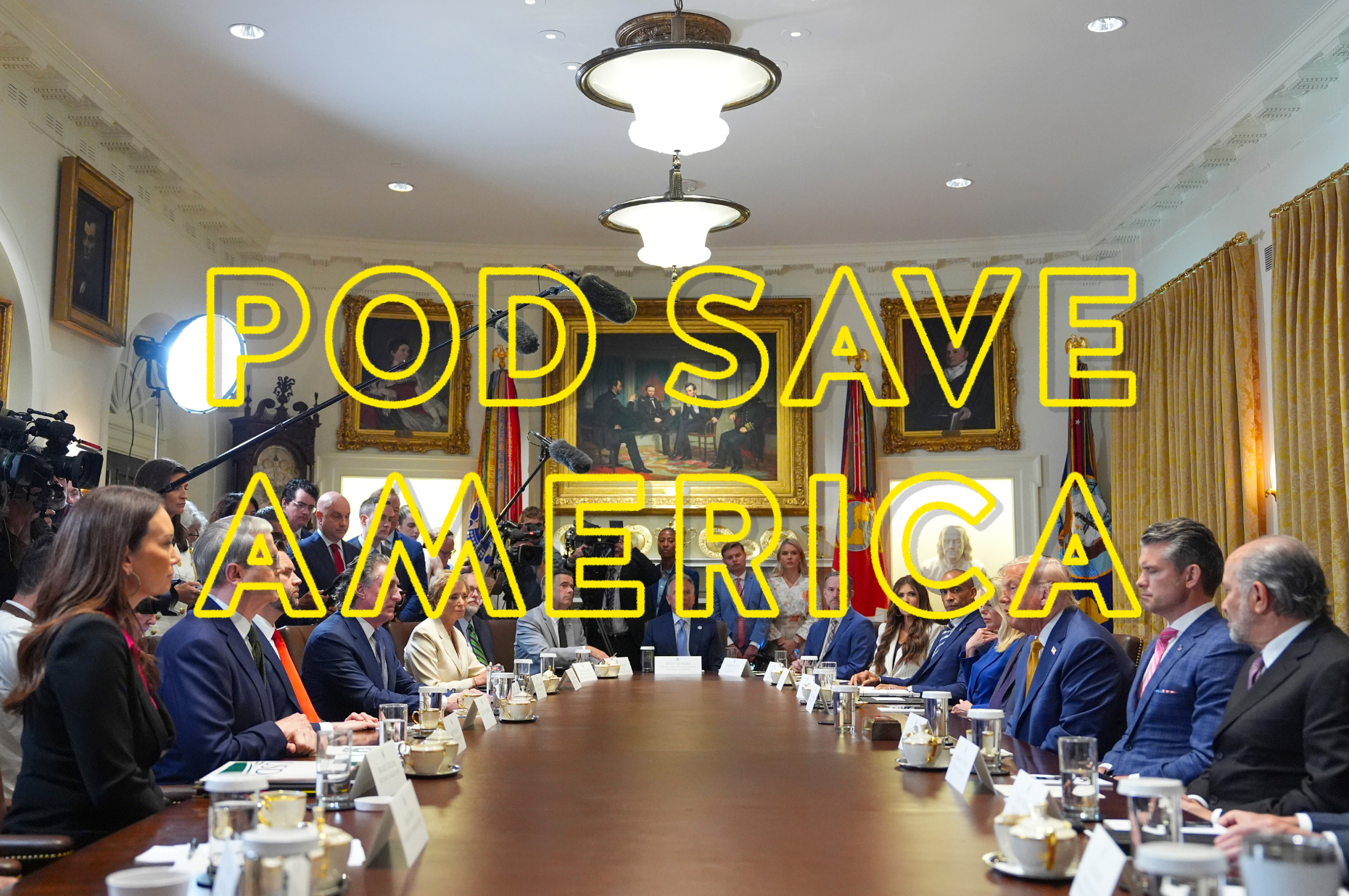
The White House’s evolving explanation of if and how President Donald Trump wound up incriminating himself in obstruction of justice over the weekend strains credulity. But even the most gullible among us could see that, on its own terms, the unlikely story the White House is telling does Trump no favors.
To recap, on Saturday Trump tweeted, “I had to fire General Flynn because he lied to the Vice President and the FBI.”
I had to fire General Flynn because he lied to the Vice President and the FBI. He has pled guilty to those lies. It is a shame because his actions during the transition were lawful. There was nothing to hide!
— Donald J. Trump (@realDonaldTrump) December 2, 2017
Many of his discerning followers quickly seized upon the dire implication: If Trump knew Flynn had lied to the FBI back in the days after his inauguration, then he knew that Flynn had committed a crime when he set about trying to derail the FBI’s investigation of Flynn. That would speak to whether his pattern of behavior was motivated by corrupt intent, and thus whether he had obstructed justice.
Trump’s criminal lawyer, John Dowd, along with White House aides, have tried to clean up the mess by pinning it all on Dowd, who now claims he orally dictated a sloppy message to White House social media director Dan Scavino, who in turn tweeted it without explicit permission from Trump himself.
Notably, nobody from the White House or Trump’s legal team has disputed the factual claims in the tweet, or retracted it, and the tweet remains, uncontested, on Trump’s twitter feed. What has ensued instead is a cascading series of bizarre excuses and admissions, culminating in an acknowledgement that, yes, Trump had been briefed very early on that Flynn had lied to the FBI.
Trump and his attorneys and aides are now publicly floating three possible defenses against an obstruction finding, all of them fatally flawed.
1. Trump’s intent wasn’t corrupt because he didn’t know lying to the FBI was a crime.
Ignorance. This excuse is hiding between the lines of the most recent and most definitive post-weekend cleanup scoop. On Monday, CNN reported that White House counsel Don McGahn “told President Donald Trump in January he believed then-national security adviser Michael Flynn had misled the FBI,” according to “a source familiar with the matter.”
McGahn, according to this source, “told Trump that based on his conversation with then-acting Attorney General Sally Yates, he believed Flynn had not told the truth in his interview with the FBI [but] did not tell the President that Flynn had violated the law in his FBI interview.”
In this telling, Trump might not have been acting with corrupt intent because he didn’t necessarily know that lying to the FBI was a crime. That might be a plausible defense if Trump weren’t a mob-connected New York real estate guy with powerful lawyers and a long history of encounters with law enforcement officials. It is definitely not a plausible defense of a guy who tweeted this.
Crooked Hillary Clinton lied to the FBI and to the people of our country. She is sooooo guilty. But watch, her time will come!
— Donald J. Trump (@realDonaldTrump) July 6, 2016
2. Trump can’t obstruct justice because the president is above the law.
If the president does it, that means that it is not illegal. That’s what Dowd essentially argued to Mike Allen of Axios. The “president cannot obstruct justice because he is the chief law enforcement officer under [the Constitution’s Article II] and has every right to express his view of any case,” Dowd said.
In first-year law-school texts, this defense is referred to as “horseshit.” There is a real debate among constitutional and federal criminal lawyers not named John Dowd as to whether the Constitution allows a sitting president to be indicted for crimes—not over whether he can commit them. Former U.S. Attorney Preet Bharara, who has prosecuted Dowd’s clients in the past, says Dowd has a long history of saying “a lot of incorrect, mistaken and, on occasion, ludicrous things.”
3. FAKE NEWS!
For Trump to have obstructed justice, he needs to have undertaken his obstructive actions with corrupt intent. But what if he didn’t take any action in the first place?
I never asked Comey to stop investigating Flynn. Just more Fake News covering another Comey lie!
— Donald J. Trump (@realDonaldTrump) December 3, 2017
Trump apparently believes his best course of action is to devolve the obstruction investigation into a case of he-said/she said that pits his word against the word of former FBI Director James Comey. Trump is widely understood to be a pathological liar, while Comey, for his flaws, has labored to maintain a reputation for honesty. Comey also created contemporaneous memos of his interactions with Trump, including the one where Trump asked him to “see [his] way clear to letting [Flynn] go,” and briefed his leadership team in real time about Trump’s improper conduct. But even if a court or Congress deemed Comey a non-credible witness, there is a wider pattern of conduct, and thus more witnesses, none of whom Trump has fired. Trump pressured multiple leaders of the intelligence community to both publicly impeach the FBI’s Russia probe, and intervene with Comey to drop his Flynn investigation. He similarly tried to strong-arm Republican principals in Congress to drop their Russia investigations as well. There are myriad credible witnesses who will testify that Trump’s frame of mind was highly obstructive, and that he was specifically determined to quash the Flynn investigation.
Who knows what, if anything, Trump would tell Robert Mueller’s team, but this tack, if carried to its logical conclusion, is a recipe for landing himself a perjury or false statement charge on top of any other legal exposure he already faces.


